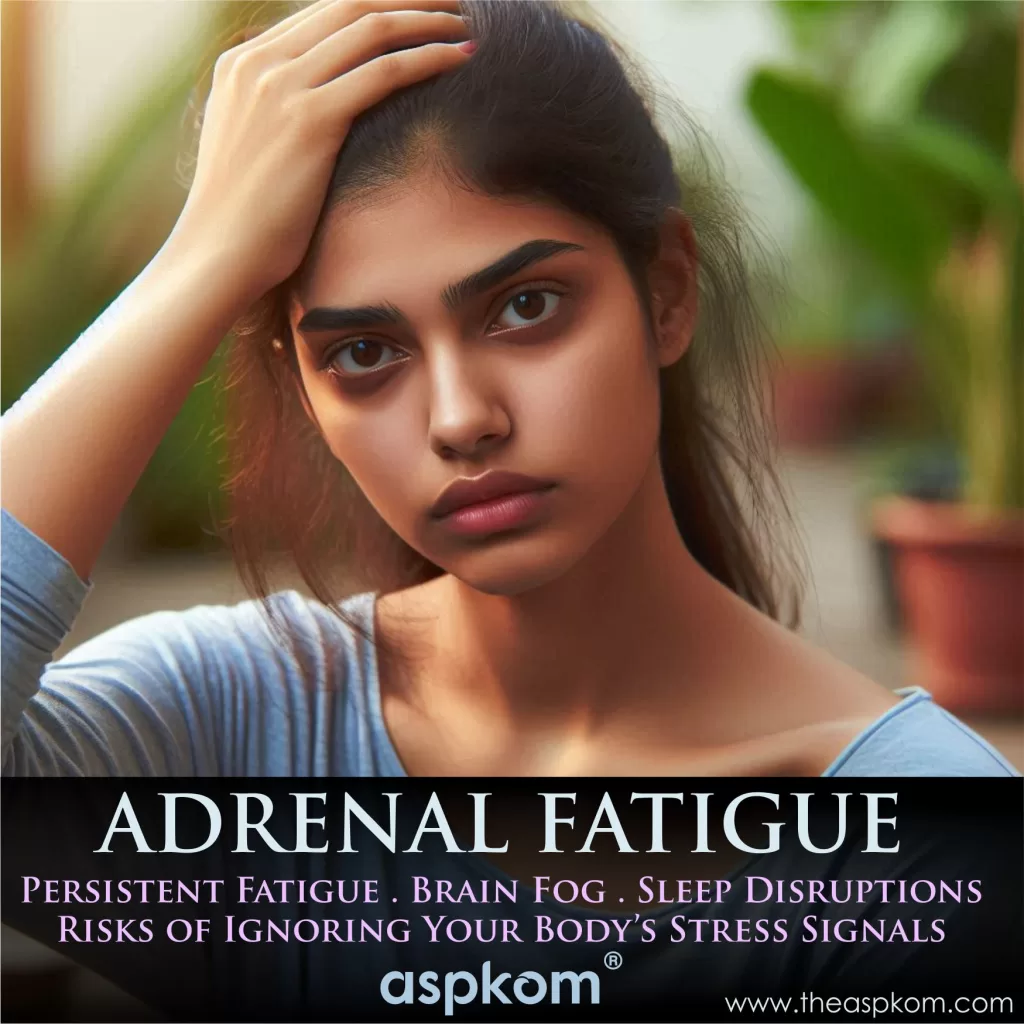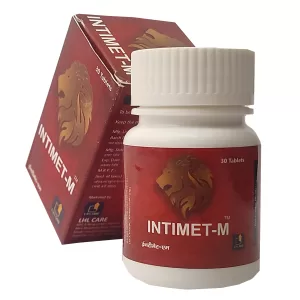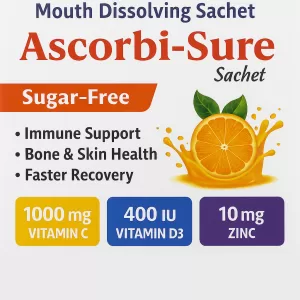Adrenal fatigue – a term often dismissed by conventional doctors yet relentlessly searched by millions battling chronic stress – is your body’s cry for help. Characterized by relentless exhaustion, hormonal chaos, and cravings that sabotage wellness goals, this controversial condition thrives in our burnout culture. At AspKom®, we blend peer-reviewed research with Ayurvedic and herbal wisdom to demystify adrenal fatigue: its symptoms, science-backed remedies (like ashwagandha and licorice root), and the hidden risks of ignoring its warning signs. Whether you’re a skeptic seeking answers or a holistic health advocate, this guide bridges the gap between myth and actionable truth.
What is Adrenal Fatigue? Bridging the Gap Between Myth and Science
Why Modern Medicine Dismisses It – But Holistic Experts Warn Otherwise
While “adrenal fatigue” is not recognized as a medical diagnosis by the Endocrine Society, chronic stress can dysregulate the hypothalamic-pituitary-adrenal (HPA) axis, leading to symptoms like fatigue and hormonal imbalances. Holistic practitioners often use this term to describe subclinical adrenal dysfunction caused by prolonged stress. A 2016 review in BMC Complementary Medicine and Therapies highlights that adaptogenic herbs like ashwagandha may help modulate HPA axis activity.
Top 7 Adrenal Fatigue Symptoms Supported by Research
Get Expert Guidance Now
- Persistent Fatigue: Unrelieved by sleep, linked to HPA axis dysregulation, Dysregulated cortisol rhythms impair cellular energy production (ATP synthesis).
- Salt Cravings & Electrolyte Imbalance: Due to aldosterone fluctuations (Journal of Clinical Endocrinology, 2018). This is primarily caused due to reduced aldosterone (a hormone regulated by adrenals) disrupting sodium retention.
- Midday Energy Crashes: Cortisol imbalances disrupt circadian rhythms (Sleep Medicine Reviews, 2019).
- Brain Fog: Associated with elevated cortisol impairing hippocampal function (Neurobiology of Stress, 2021).
- Low Libido: Chronic stress reduces DHEA production (Frontiers in Endocrinology, 2020).
- Sleep Disruptions: Cortisol spikes at night delay REM sleep (Journal of Clinical Sleep Medicine, 2022).
- Weakened Immunity: Prolonged stress lowers secretory IgA (Psychoneuroendocrinology, 2018).
Symptoms to Watch
Blood Sugar Swings & Hypoglycemia:
Cause: Cortisol’s role in gluconeogenesis falters, causing erratic glucose levels.
Effect: Irritability, dizziness, and cravings for quick carbs (Diabetes Care, 2020).
Hormonal Imbalances:
Low DHEA: Precursor to sex hormones; chronic stress depletes it, causing low libido (Frontiers in Endocrinology, 2020).
Thyroid Dysfunction: Cortisol inhibits T4-to-T3 conversion, mimicking hypothyroidism (Thyroid Research, 2019).
Mental Health Decline:
Anxiety: Elevated cortisol reduces GABA activity, heightening nervous system arousal (Neuropsychopharmacology, 2021).
Depression: Prolonged stress lowers BDNF, a protein critical for mood regulation (JAMA Psychiatry, 2020).
Autoimmune Flares:
Cause: Chronic cortisol blunts immune regulation, increasing autoantibody production.
Effect: Higher incidence of Hashimoto’s, rheumatoid arthritis (Nature Reviews Immunology, 2018).
Metabolic Syndrome:
Cause: Cortisol promotes visceral fat storage and insulin resistance.
Effect: Elevated triglycerides, blood pressure, and waist circumference (Diabetes Care, 2021).
Gut Health Compromise:
Cause: Stress reduces digestive enzyme secretion and intestinal blood flow.
Effect: Leaky gut, SIBO, and IBS-like symptoms (Gut, 2019).
Herbal & Dietary Remedies with Clinical Backing
Adaptogens for HPA Axis Support
Ashwagandha: A 2019 double-blind study in Medicine found 300mg/day reduced stress markers by 27.9% in 8 weeks.
Rhodiola Rosea: Shown to improve fatigue in a 2020 Phytomedicine trial (200mg/day standardized extract).
Dietary Adjustments
Licorice Root: Glycyrrhizin may prolong cortisol’s effect (avoid if hypertensive) (Journal of Alternative Medicine, 2017).
Magnesium-Rich Foods: Spinach, pumpkin seeds (deficiency exacerbates stress responses) (Nutrients, 2020).
Root Causes of Adrenal Fatigue (Evidence-Based)
Chronic Stress
- Emotional: Work pressure, trauma, or caregiving (Psychoneuroendocrinology, 2020).
- Physical: Overtraining, chronic illness, or sleep deprivation (Journal of Sports Sciences, 2018).
- Environmental: Toxins (e.g., pesticides) that disrupt endocrine function (Environmental Health Perspectives, 2021).
Nutritional Deficiencies
- Magnesium: Critical for ATP production; deficiency worsens stress responses (Nutrients, 2020).
- Vitamin B5 (Pantothenic Acid): Required for cortisol synthesis; depletion limits adrenal output (Journal of Nutritional Biochemistry, 2017).
Circadian Rhythm Disruption
- Cause: Night shifts, blue light exposure, or irregular sleep.
- Effect: Blunted morning cortisol spikes, worsening daytime fatigue (Sleep, 2022).
HPA Axis “Burnout”
- Cause: Prolonged stress exhausts adrenal cortisol production.
- Effect: Transition from high cortisol (alarm phase) to low cortisol (exhaustion phase) (Psychoneuroendocrinology, 2017).
Risks of Ignoring Chronic Stress: Beyond “Burnout”
From Hormonal Imbalances to Burnout: What Happens When You Delay Action?
Untreated HPA axis dysfunction may increase risks of:
Autoimmune Disorders: Elevated cortisol suppresses immune regulation (Nature Reviews Immunology, 2018).
Metabolic Syndrome: Linked to insulin resistance from chronic cortisol exposure (Diabetes Care, 2021).
Mental Health Decline: 3x higher depression risk in those with prolonged stress (JAMA Psychiatry, 2020).
Adrenal Insufficiency: Life-threatening cortisol deficiency
Cardiovascular Disease: Chronic inflammation and hypertension
Cognitive Decline: Hippocampal atrophy from prolonged cortisol exposure
Q&A: Your Top 10 Adrenal Fatigue Questions, Answered by Science
Can adrenal fatigue cause thyroid issues?
Yes. Chronic stress reduces T4-to-T3 conversion via cortisol-induced liver congestion (Thyroid Research, 2019).
Are saliva cortisol tests reliable?
Salivary cortisol tests have 85% accuracy for circadian rhythm assessment (Clinical Biochemistry, 2021).
Does ashwagandha interact with antidepressants?
Potential serotonin syndrome risk with SSRIs; consult a doctor (CNS Neuroscience & Therapeutics, 2020).
Can diet alone fix adrenal fatigue?
Diet supports recovery but must pair with stress management (PLOS One, 2021).
Is adrenal fatigue permanent?
No. HPA axis plasticity allows recovery with intervention (Psychoneuroendocrinology, 2017).
Are caffeine crashes linked to adrenal fatigue?
Caffeine spikes cortisol, worsening energy crashes (Neuropsychopharmacology, 2020).
Can exercise worsen adrenal fatigue?
High-intensity exercise elevates cortisol; opt for yoga or walking (Journal of Sports Sciences, 2018).
Is sea salt better for adrenal fatigue?
Provides sodium + trace minerals, but excess harms blood pressure (American Heart Association, 2022).
How long does recovery take?
3–24 months, depending on stress reduction and nutrient support (Integrative Medicine, 2019).
Are synthetic adrenal supplements safe?
Long-term corticosteroid use risks dependency; herbs are safer (Mayo Clinic Proceedings, 2021).
Key Risk Factors for Adrenal Fatigue
- Genetic Predisposition: COMT gene mutations slow cortisol breakdown, prolonging stress responses (Pharmacogenomics, 2019).
- Modern Lifestyle: Constant digital stimulation, processed diets, and sedentary habits (Lancet Public Health, 2021).
Ready to Rebalance? Start with AspKom’s Adrenal Support Consulting
Struggling to navigate conflicting advice? Our certified herbalists and nutritionists craft personalized plans combining:
- Adaptogen Protocols: Tailored to your cortisol rhythms (tested via saliva kits).
- Lifestyle Tweaks: Circadian-aligned sleep, stress-busting techniques.
Science-backed remedies include adaptogens like ashwagandha, shown in a 2019 Medicine study to reduce stress markers by 27.9%, and Rhodiola Rosea, proven to combat fatigue in Phytomedicine trials. Dietary adjustments – such as magnesium-rich foods and licorice root (cautiously used)—support adrenal recovery. However, ignoring chronic stress risks autoimmune disorders (per Nature Reviews Immunology) and metabolic syndrome (Diabetes Care).
Our Q&A section tackles pressing queries: Can adrenal fatigue cause thyroid issues? Yes—cortisol disrupts T4-to-T3 conversion (Thyroid Research). Are saliva cortisol tests reliable? 85% accurate for circadian assessment (Clinical Biochemistry).
Why risk long-term health? AspKom’s Adrenal Support Consulting offers personalized plans crafted by certified herbalists and nutritionists, blending adaptogen protocols, and lifestyle tweaks. Whether you’re skeptical or seeking holistic solutions, our expertise demystifies adrenal health.
Get Expert Guidance Now
All rights reserved to Ashu Gaur/AspKom Eixil Consulting Private Limited. Unauthorized use or reproduction prohibited.


